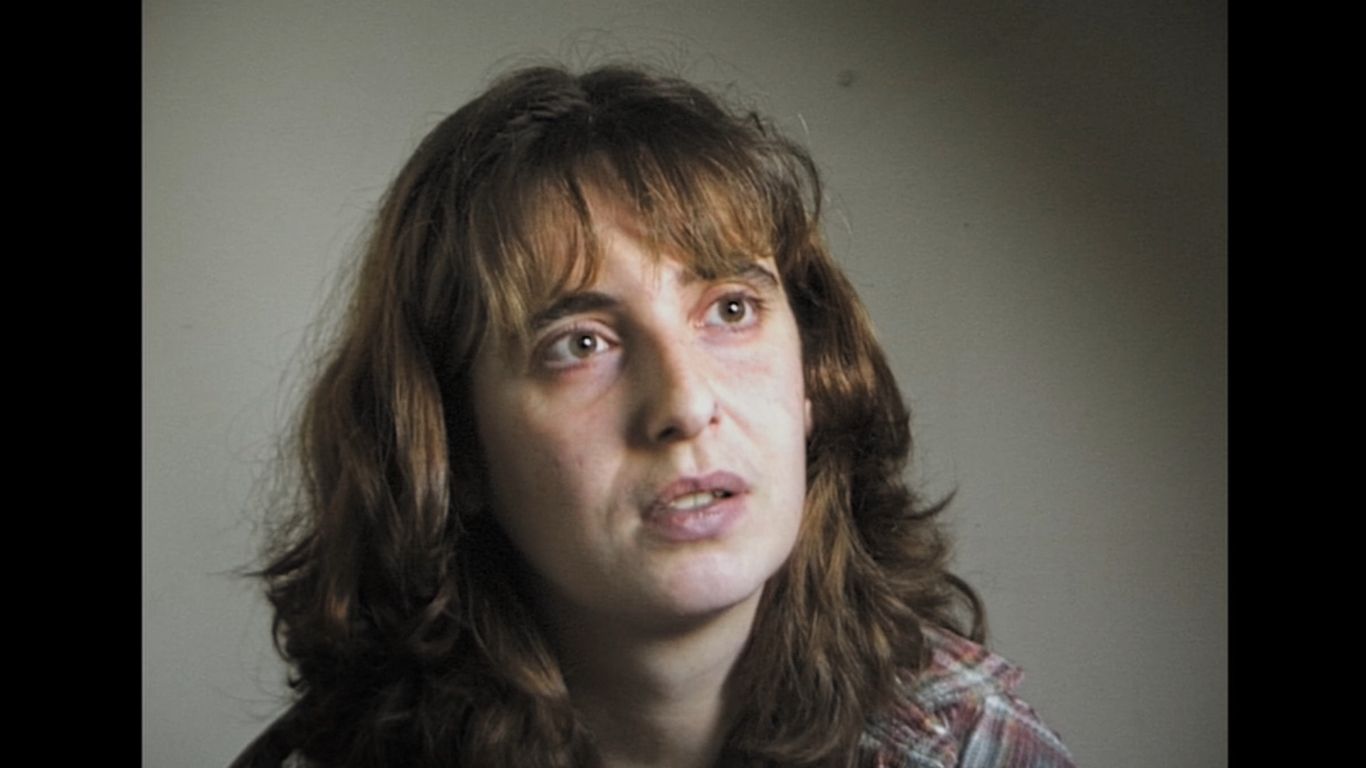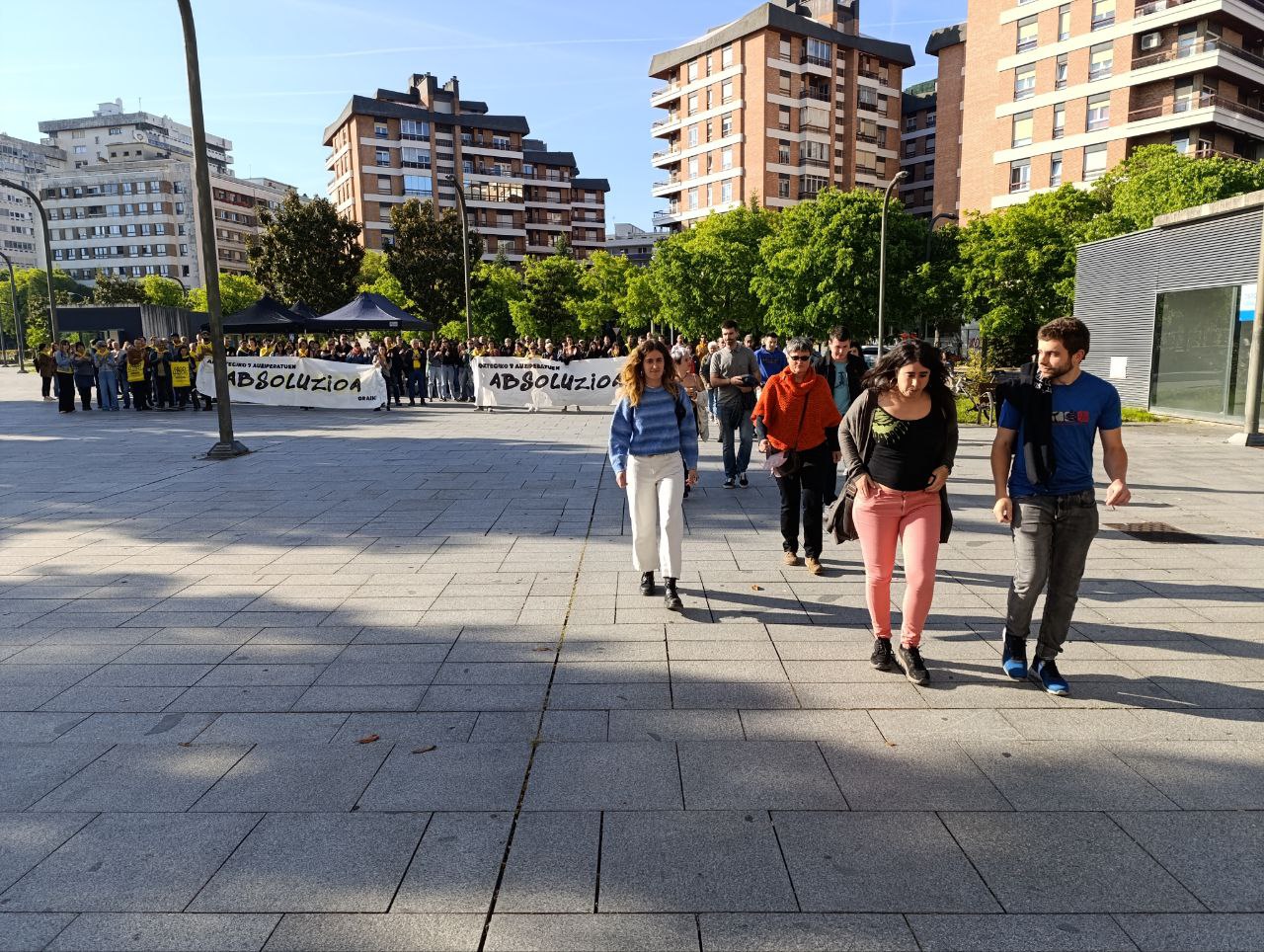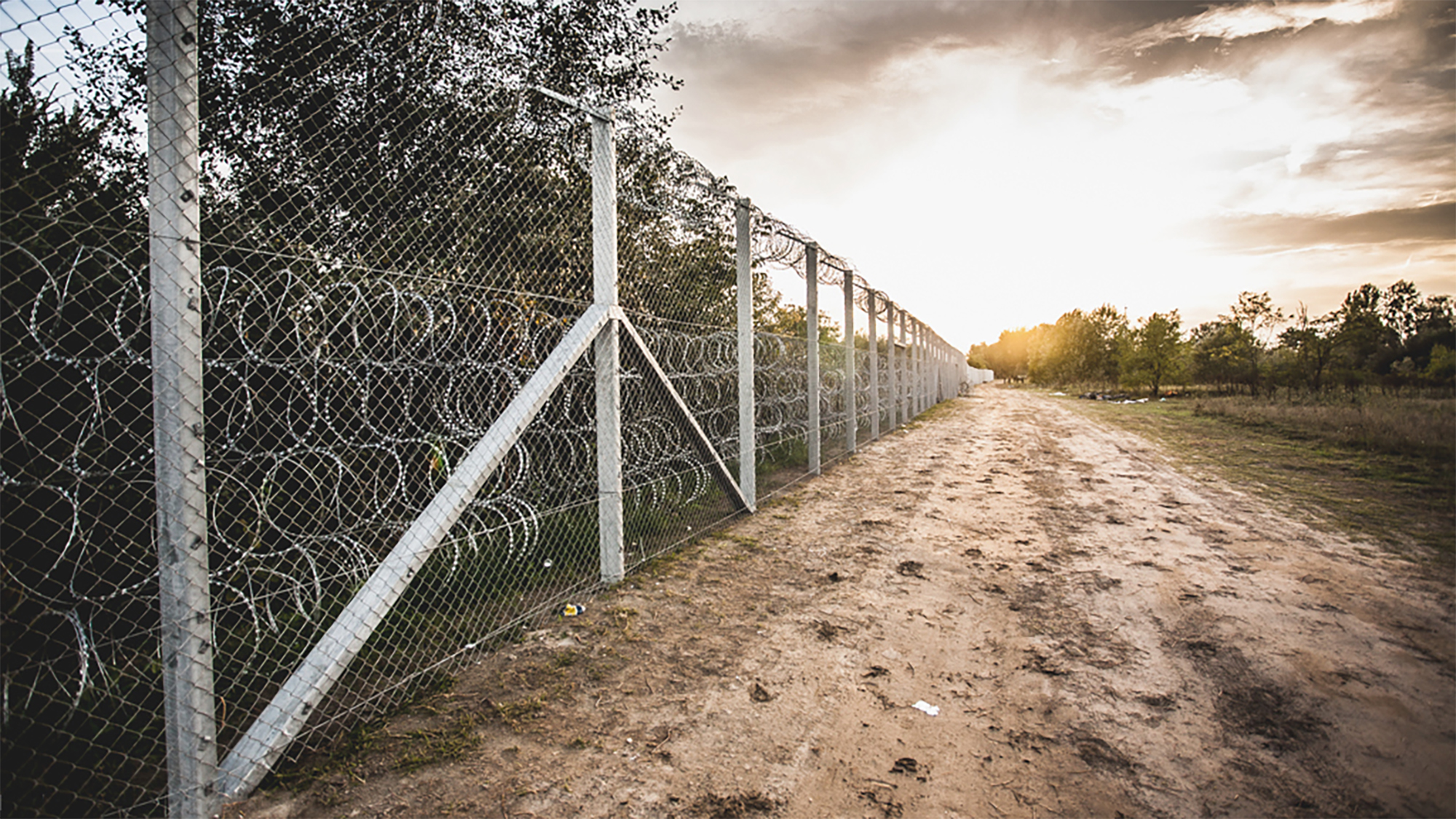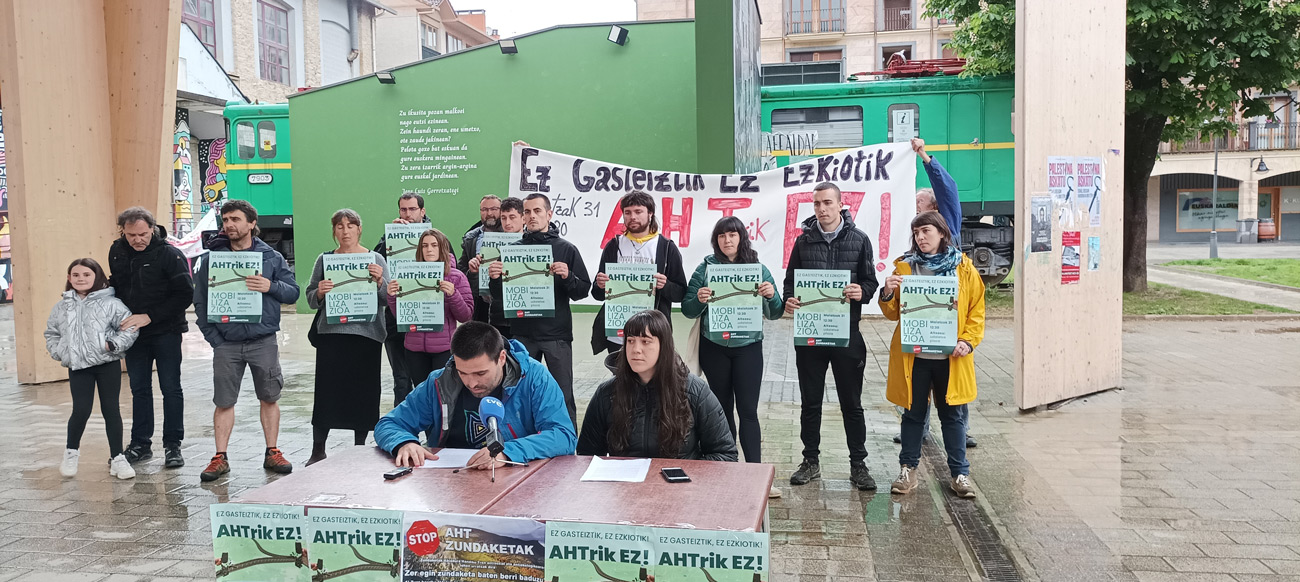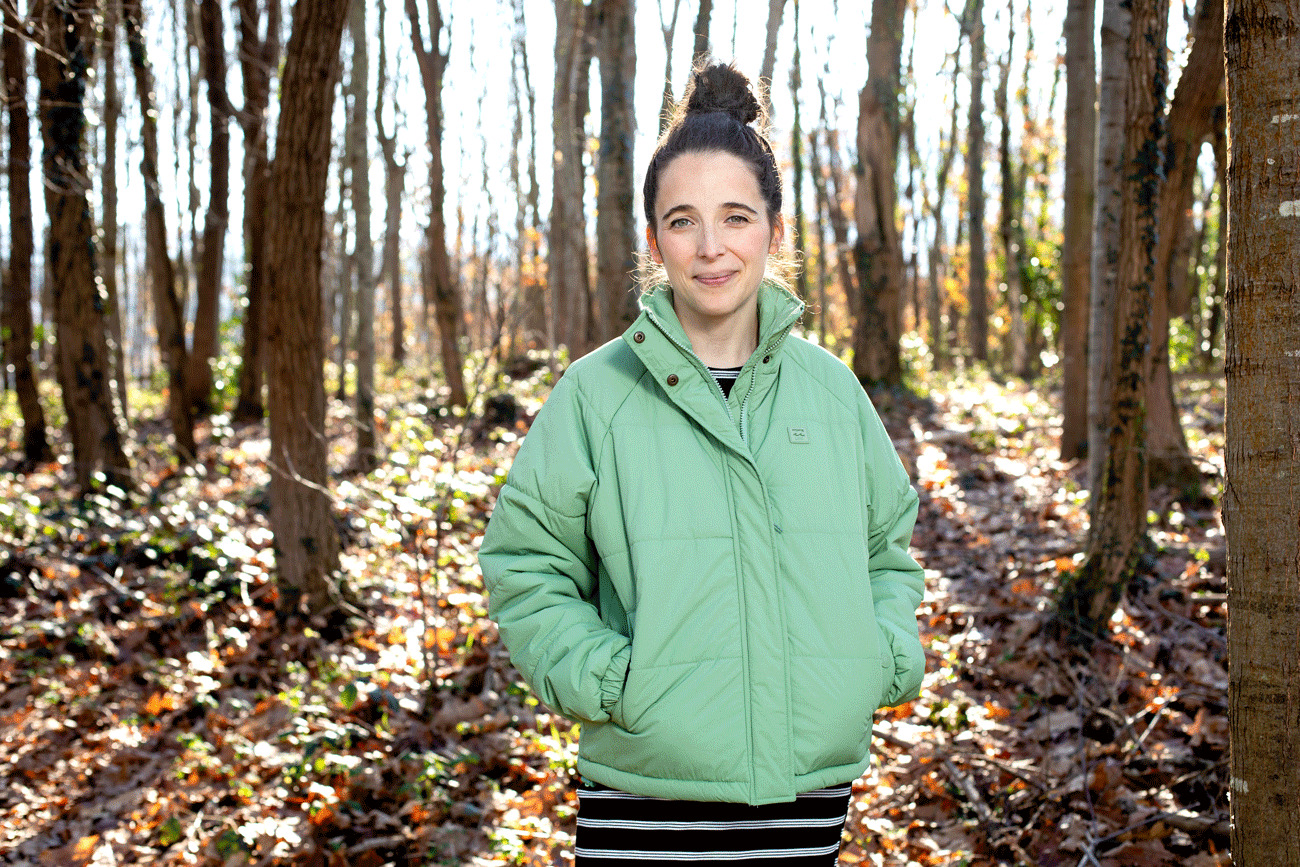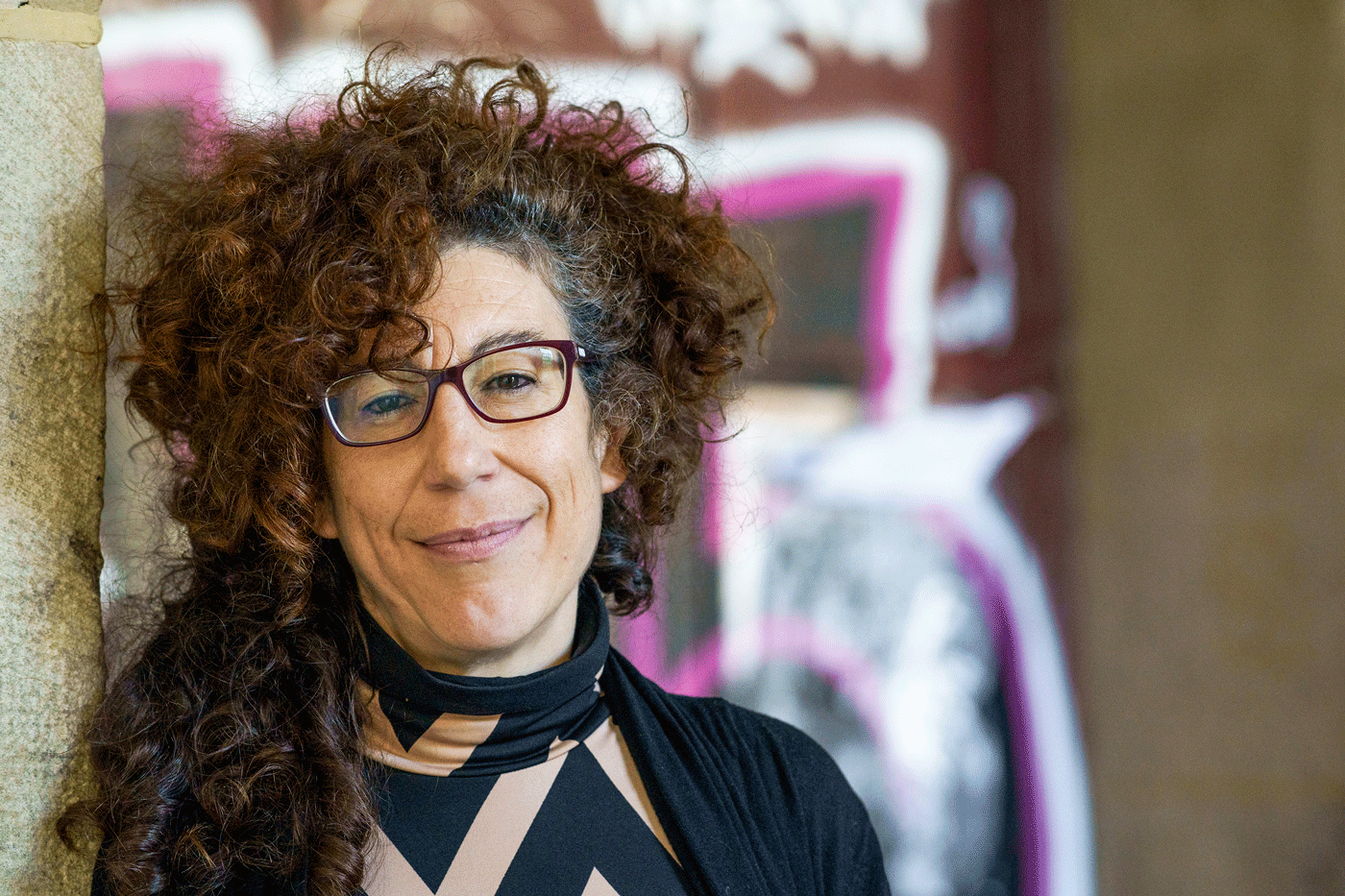Edurne Pasaban: First woman and almost unique in the world
- Today, May 17, it is ten years since the Shisha Pangma ascension of the mountaineer Tolosarra Edurne passed. She was the first woman to complete the fourteen ochomilles. Only two more have achieved this feat for the time being: Austrian Gerlinde Kaltenbrunner in 2011 and Italian Nives Meroi in 2017.

In 1998, Pasaban tried to climb one of the ochomiles (Dhaulagiri), but he had to go back to 272 meters from the top as there was too much snow. The Everest (8,848 m), in his third attempt. And in the spring of 2010 the last two: Annapurna (8,091 m) and Shisha Pangma (8,013 m).
Shortly after his return from the himalayas, in 2011, Subai Hill held an interview with ARGIA. From there we have brought the following passages:
LIGHT: What do you feel about death?
Edurne Pasaban: It's a ghost that's there for everyone, but it's true that it's more present in mountaineers' day-to-day lives. I'm very fearful, I'm afraid of death, I'm afraid to see a dead body... These are very human feelings, no one wants to see the corpse that they get out of a car accident. But when you're there, maybe because you have no choice, you're there right away. An accident has occurred to me on the mountain, to see three dead comrades, to another and to me to stay alive and become selfish. You see your friends dead and yet you think: “These have nothing to do and I have to leave here.” You don't get hysterical and nothing happens. Then yes, you will come down and it will not take months to turn, but in the moment... The mountaineers say many times that we want to die on the mountain, that we want to rest there, but I do not, I do not want that death. I want to leave the world like my grandfather, 90 years old, in my house bed, surrounded by my grandchildren.
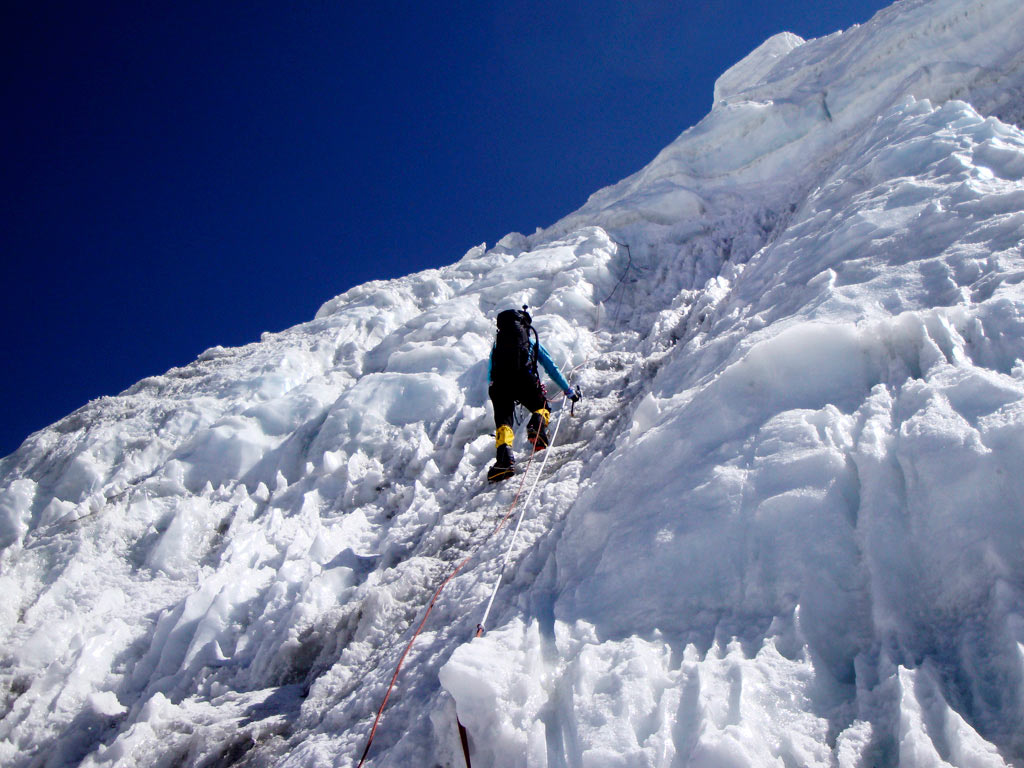
A: However, as he passed through the Kangchenjunga, impatient for not being able to do so, he begged his friends to abandon him.
P: We had to do the summit and spend the night in the fourth camp, and by the time we went down, it took 48 hours without eating or drinking. It gave me access to dogs. So I told my peers to leave me there, I couldn't do it anymore. (...) When I told my friends, I carried myself in the unthinkable backpack, but I also knew that my friends would not leave me there. I think the safety your peers give you is the richest and most important feeling the mountain has.
A: All your expeditions haven't reached the top, and even if it looks like a topic, I bet those failures have been as rich and important as the tops.
P: You learn something from all the failures. I've turned around many times because I was afraid, or because I realized I wasn't technically ready to go somewhere. Being aware of this, you only have to overcome your fears and technically prepare yourself or change yourself.
Mountaineers for Himalayas
“Nepal is a people living in the Middle Ages,” Pasaban said in the ARGIA interview: "If all the governments of the world are corrupt, that's even more corrupt. What I do not understand is that if the permission to go up to Everest costs EUR 10,000 and for next year there are more than 300 applications accepted, where that money is lost. The Everest for Nepal is the Eiffel Tower for Paris, but the benefits gained are not invested in it. Works, resettlements, irrigation, etc. They've been done in this valley by NGOs and external foundations, with the absolute contempt of local government. We, for example, have an education hostel that welcomes 95 children, but the government passes us. Because we feel what we do.”
In Pasaban it is the Mountaineers for Himalayas foundation. Since its inception, the NGO Coordinator of the Basque Country called into question the mountaineer Tolosarra and the human rights defender and feminist of El Salvador Morena Herrera. In this video you can watch the talk, with subtitles in Basque:
Historically, a court of the Spanish Monarchy passed the following resolution: "The officers in charge of the custody of Iratxe Sorzabal applied electrodes to force him to testify, which constitutes a flagrant violation of his fundamental human rights." In other words, after the... [+]
Berria izateari utzi dio: beroketa globalak bi graduak gaindituko ditu, eta gainditze horrek ondorio oso garestiak ditu. Klimaren gaia tabu bilakatzen ari den testuinguru berri honetan, banketxe handiek ez dute horri buruz komunikatzen, baina arazoaz ongi jabetu dira eta... [+]








